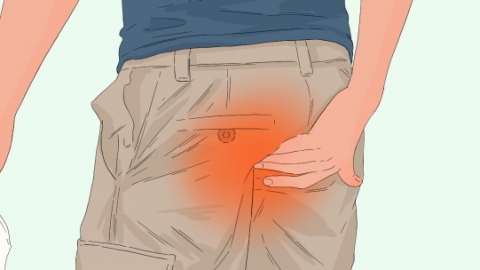Is hemorrhoids the same as a blister?
Hemorrhoids are not blisters. Hemorrhoids are soft venous masses formed by varicose veins and blood congestion in the venous plexus at the lower end of the rectum or anal canal, whereas blisters typically result from friction, burns, or similar causes that lead to separation of the epidermis from the dermis, allowing tissue fluid to exude. The nature and causes of these two conditions are entirely different. If symptoms such as anal lumps, rectal bleeding, or pain occur, it is recommended to seek medical attention promptly for an accurate diagnosis.

The core of hemorrhoids is a vascular lesion involving veins. Depending on their location, they can be classified as internal, external, or mixed hemorrhoids. They are soft in texture and covered by mucosa or skin, commonly associated with symptoms such as rectal bleeding, prolapse, and itching, all closely related to venous congestion and dilation.
Blisters, on the other hand, are localized collections of fluid within the upper layers of the skin. They consist of an outer layer of epidermis filled with clear or pale yellow fluid, and are usually caused by physical friction, heat exposure, viral infections, etc. Blisters commonly appear on the skin surface, accompanied by sensations of burning or pain, and tend to form open wounds once ruptured.
In daily life, it is important to keep the anal area clean and dry, avoid prolonged sitting or standing, consume a diet rich in dietary fiber, reduce intake of spicy and irritating foods, establish regular bowel habits, and avoid excessive straining during defecation to prevent worsening of hemorrhoids.







